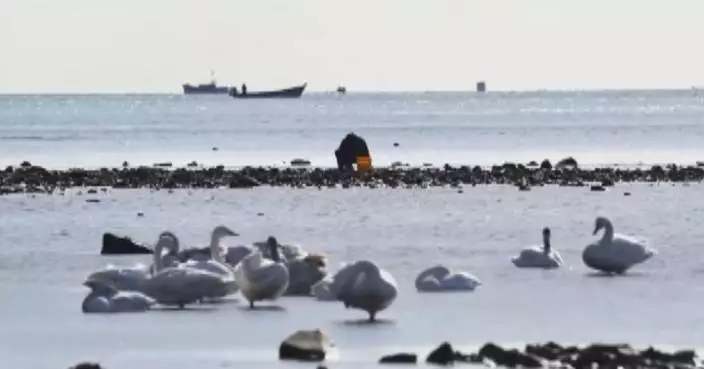The Democratic Republic of the Congo (DRC), one of the epicenters of the mpox outbreak, is continuing to carry out measures to stop the disease from spreading further as cases in the country surpass 40,000 with a death toll of more than 1,000.
Nineteen African countries have recorded mpox cases since the start of the year. Canada has also confirmed the first case of Clade I mpox. Its public health agency said the case was linked to travel associated with the ongoing outbreak in central and eastern Africa.
The World Health Organization (WHO) on Friday declared that the mpox remains a public health emergency, a determination based on the rising number of cases, operational challenges and the need to mount a joint response to end the outbreak.
"What really concerns us in the DRC is that the virus is still circulating. The issue of lifting or maintaining the international public health emergency on mpox will not affect the system that the DRC has set in place to tackle the outbreak. We will continue with the efforts we are making to prevent it from spreading across borders," said Augustin Kayembe, a general medical practitioner.
Earlier this year, health experts detected a new strain of the virus in eastern DRC that is more infectious than the one that was reported globally in 2022.
The strain known as Clade 1b spread to the DRC's neighboring countries prompting the WHO to declare mpox a Public Health Emergency of International Concern in August. The declaration is meant to enable the global health body to rapidly mobilize funds, coordinate the response and accelerate the development of vaccines for emergency use.
Authorities said over 50,000 people have been vaccinated in areas with the highest number of cases. The government plans to roll out a vaccination program in the capital Kinshasa next week.

Mpox remains global public health emergency: WHO

Mpox remains global public health emergency: WHO

Mpox remains global public health emergency: WHO









